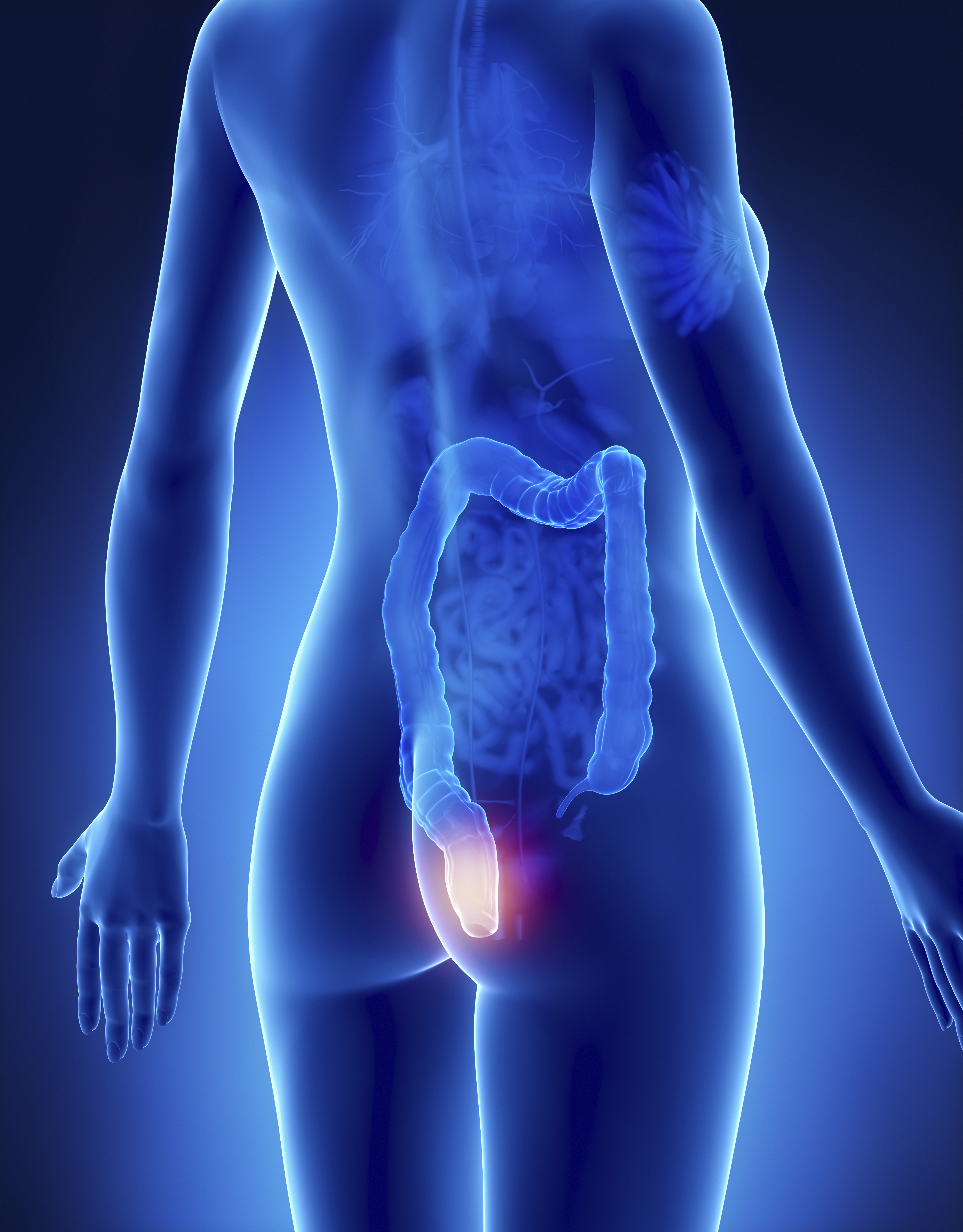Rectal Bleeding
If you have noticed blood in your stool, on used toilet paper, or in your toilet bowl, then you are suffering from rectal bleeding. Often an unnerving discovery for patients, rectal bleeding refers to blood that passes through your anus. While rectal bleeding usually comes from your lower colon or rectum, it can occur for various reasons including hemorrhoids, IBD, polyps, and cancer. If you’ve been suffering from unexplained rectal bleeding, feel free to visit the Gastroenterology Institute of Southern California for a consultation!
The Causes of Rectal Bleeding
Dr. Berookim wants patients to know that rectal bleeding is common but that it can be serious. Due, in part, to unnecessary embarrassment, only about one third of people with rectal bleeding actually seek out help. Most of the time, the cause of the bleeding is benign and treatment is easily available. However, in some cases, rectal bleeding can be the first sign of a greater problem like colorectal cancer. It is important to seek a consultation with an experienced doctor, like Dr. Berookim. If necessary, he can perform a colonoscopy to determine the cause of the bleeding and the best course of treatment.
Rectal bleeding is commonly caused by:
- Hemorrhoids
- Colon or Anal Cancer
- Large Polyps
- Inflammatory bowel disease (Crohn’s disease, Ulcerative colitis)
- Proctitis (inflammation of the rectum)
- Anal Fissure or Abscess
- Rectal Ulcers
While occasional rectal bleeding is common, patients should always report bleeding to their physician to help maintain their rectal and colon health.

Symptoms of Rectal Bleeding
Various symptoms related to blood loss may accompany rectal bleeding. If you experience any these symptoms, contact your gastroenterologist for evaluation.
- Confusion
- Fainting
- Light headedness or dizziness
- Rectal pain and pressure
- Stool with a tar like/black appearance
The following conditions may also contribute to rectal bleeding:
Hemorrhoids– Hemorrhoids are swollen blood vessels in the anus and rectum that grow larger with increased pressure. They may be external or internal, inside the skin around the anus or inside the anus. The causes of hemorrhoids are not entirely understood, but the condition has been linked to constipation, diarrhea, obesity, and pregnancy. Fortunately, hemorrhoids do not lead to cancer!
Colon Cancer– Colon Cancer affects your large intestine, or colon. Rectal cancer is the cancer of the last few inches of the colon. It’s important to remember that colorectal cancers demonstrate few symptoms in the early stages. Regular screenings are vital as colon cancer has a high mortality rate in the later stages.
Polyps often cause rectal bleeding and can also lead to colon cancer. If you notice blood in your stool, it is important to schedule an appointment with Dr. Berookim to check for possible colorectal cancers.
Ulcers- Ulcers are sores in the small intestine or stomach lining. Ulcers that bleed may cause black stool. Fortunately, ulcers are often successfully treated without surgery.
Treating Rectal Bleeding
Because there are so many possible causes for rectal bleeding, all with varying degrees of severity, it is important to contact Dr. Berookim at the first signs of this condition.
A board-certified gastroenterologist like Dr. Peyton Berookim will ask you questions about your health and family history as well as your diet to gauge what conditions you may be at risk for. Dr. Berookim will also inform you about how to prepare for a colonoscopy. After the procedure, he will sit down with you to discuss your diagnosis and treatment plan.
Contact Us Today
Rectal bleeding may be a minor inconvenience or a sign of a larger health problem. As rectal bleeding can indicate a life threatening health condition, it is important to set up an appointment! If you’re experiencing signs or symptoms of rectal bleeding, don’t hesitate to call 310.271.1122 for a consultation with Dr. Berookim, who is double board-certified in gastroenterology and internal medicine. His goal is to diagnose problems, alleviate symptoms, and get patients back to enjoying healthy lives.

